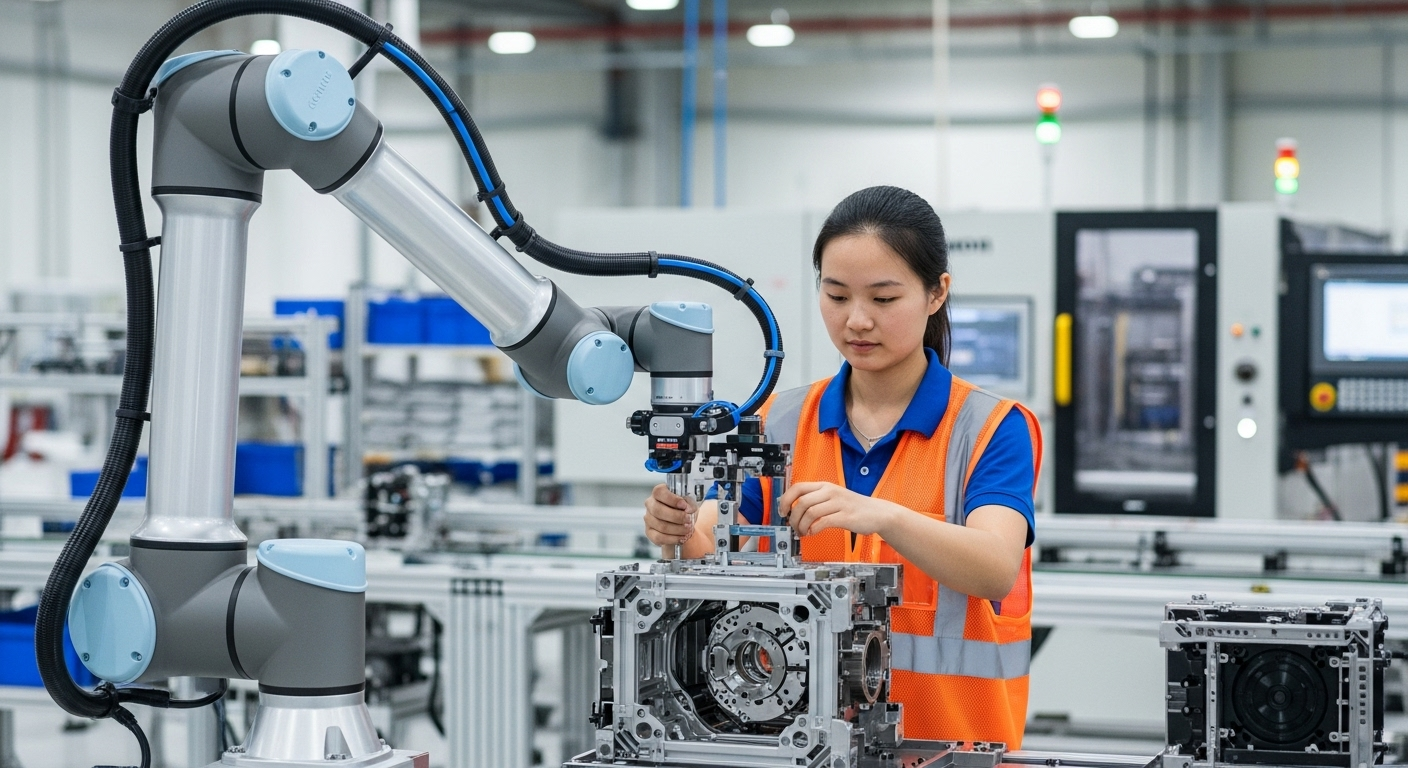Manufacturing Jobs and Career Paths in Spain
The manufacturing sector offers a wide range of occupations that combine hands-on skills, technical knowledge, and process management. This article outlines common manufacturing roles, pathways for professional development, and how training and education support a manufacturing career in Spain. It provides general career information and guidance on finding training or local services in your area; it is not a list of active job openings.

What roles exist in modern manufacturing?
Manufacturing covers roles from production operators and machine technicians to process engineers, quality controllers, and logistics coordinators. Entry-level positions often focus on operating equipment, visual inspection, and assembly, while mid-level roles involve machine setup, maintenance, and troubleshooting. Senior roles include plant supervision, continuous improvement leads, and production planning. Many positions now require familiarity with automation, robotics, and basic data analysis tools as plants adopt Industry 4.0 practices. Employers value adaptability, safety awareness, and the ability to follow documented procedures.
How can you plan a manufacturing career?
A practical career plan balances hands-on experience with progressive skills development. Start by identifying entry points that match your background—vocational training, apprenticeships, or technician certificates are common starting points. Map short-term goals (learn basic equipment operation, obtain a safety certificate) and longer-term goals (specialize in CNC machining, become a process engineer). Seek on-the-job mentoring, keep a record of competencies, and periodically review certifications to stay current. Networking with local services, trade associations, or alumni from training programs helps you understand typical career ladders and employer expectations.
What is the manufacturing landscape in Spain?
Spain’s manufacturing sector includes automotive components, food and beverage processing, chemicals, aerospace supplies, and electronics. Regional clusters—such as automotive in Catalonia and Andalusia, or agri-food processing in Valencia and Murcia—shape local demand for specific skills. Small and medium-sized enterprises (SMEs) and larger multinational plants coexist, offering diverse work environments. Employment prospects vary by region and economic cycles; therefore, this article provides general sector context rather than guarantees of openings. To assess local demand, consult regional employment services, industry associations, and training centers in your area.
What training options are available for manufacturing?
Training ranges from short courses to multi-year vocational programs. Vocational training (Formación Profesional, FP) in Spain provides classroom and practical experience in areas such as industrial maintenance, electro-mechanics, and machining. Shorter certificates and continuing education courses cover CNC programming, PLCs (programmable logic controllers), welding, and quality management. Apprenticeships and dual-education schemes combine work placements with coursework, which can be valuable for employers seeking trained staff. Many training providers offer modular, stackable credentials so you can build skills over time. Look for accredited programs and courses offered through local services or public vocational centers.
How does education support manufacturing jobs?
Formal education equips workers with theoretical understanding and problem-solving skills that complement on-the-job learning. Technical degrees, FP diplomas, and specialized certifications teach topics such as industrial electronics, thermodynamics, and materials science—knowledge that supports roles in maintenance, process engineering, and automation. Continuing education and short courses help incumbent workers adapt to new technologies like robotics, additive manufacturing, and digital production monitoring. Soft skills—communication, teamwork, and adherence to safety standards—are also important and frequently integrated into training curricula. Employers often prefer candidates who combine formal education with practical experience.
Conclusion
Manufacturing jobs encompass a wide spectrum of tasks and responsibilities, from assembly and maintenance to engineering and production planning. Building a manufacturing career in Spain generally involves combining vocational education, targeted training, and practical experience, while staying aware of regional industry patterns and technology trends. This article offers general information on roles, training options, and educational pathways rather than active job listings. For specific openings or localized guidance, consult reputable local services, public employment offices, and accredited training providers in your area.






